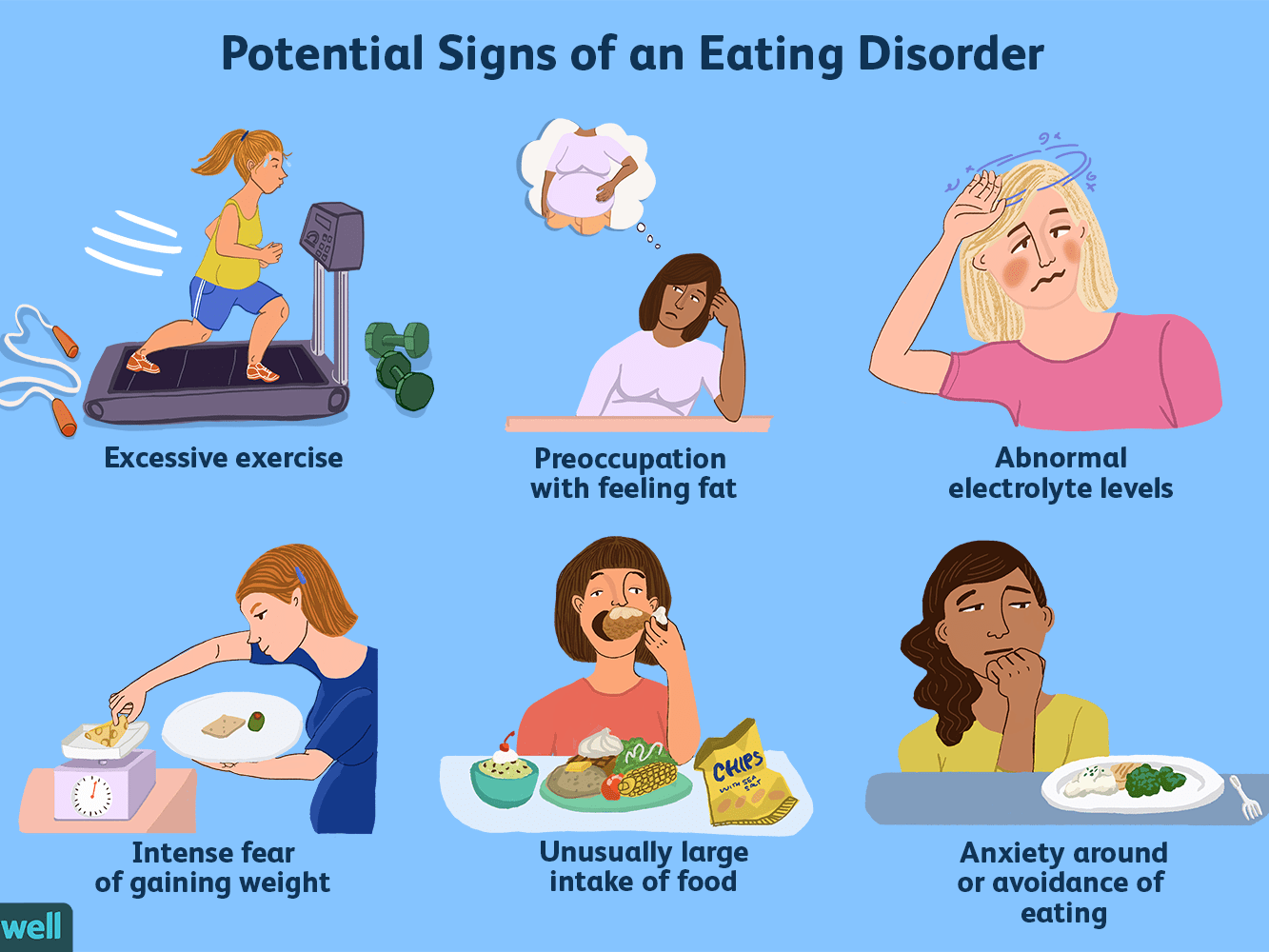Does Nastia Liukin Have An Eating Disorder? Unpacking The Truth
In recent years, the conversation surrounding eating disorders has gained significant attention, especially in relation to public figures like Nastia Liukin. As a celebrated Olympic gymnast and a prominent figure in the sports community, Nastia's journey has inspired many. However, her body image and health have often been scrutinized, leading to questions about whether she has struggled with an eating disorder.
This article delves into Nastia Liukin's experiences, the stigmas surrounding eating disorders, and the importance of mental health awareness within the athletic community. We aim to provide a comprehensive overview that not only addresses the question but also sheds light on broader issues related to body image and mental well-being in sports.
As we explore this sensitive topic, it is essential to approach it with care and respect for Nastia's personal journey and the experiences of many who face similar challenges. Let's uncover the facts, dispel myths, and promote a healthier dialogue around eating disorders.
Table of Contents
- Nastia Liukin: A Brief Biography
- Understanding Eating Disorders
- Nastia Liukin's History with Body Image
- The Impact of Public Scrutiny
- Social Media's Role in Body Image
- Support and Resources for Eating Disorders
- Expert Opinions on Eating Disorders in Athletes
- Conclusion
Nastia Liukin: A Brief Biography
Nastia Liukin, born on October 30, 1989, in Moscow, Russia, is a retired American gymnast and the 2008 Olympic all-around champion. She has become a well-known figure in the sports world, both for her incredible achievements and her advocacy for mental health and body positivity.
Personal Information
| Name | Nastia Liukin |
|---|---|
| Date of Birth | October 30, 1989 |
| Place of Birth | Moscow, Russia |
| Olympic Medals | 1 Gold, 3 Silver, 2 Bronze |
| Retirement | 2012 |
Understanding Eating Disorders
Eating disorders are complex mental health conditions that can affect individuals of all ages, genders, and backgrounds. They often stem from a combination of genetic, environmental, and psychological factors.
Types of Eating Disorders
- Anorexia Nervosa: Characterized by severe restriction of food intake and an intense fear of gaining weight.
- Bulimia Nervosa: Involves cycles of binge eating followed by purging to prevent weight gain.
- Binge Eating Disorder: Characterized by recurrent episodes of eating large quantities of food without purging.
- Other Specified Feeding or Eating Disorders (OSFED): A category for eating disorders that do not meet the criteria for the above types but still cause significant distress.
Nastia Liukin's History with Body Image
Nastia Liukin has been open about her experiences with body image throughout her gymnastics career. As a gymnast, the pressure to maintain a certain physique can be immense, often leading to unhealthy behaviors.
Body Image Struggles
While Nastia has not publicly stated that she has an eating disorder, she has discussed the challenges of body image in competitive gymnastics. Gymnasts often face societal and cultural pressures that can influence their self-esteem and relationship with food.
The Impact of Public Scrutiny
As a public figure, Nastia Liukin has faced significant scrutiny regarding her appearance. The media often focuses on athletes' bodies, leading to unrealistic expectations and pressures.
The Role of Media
The media's portrayal of athletes can contribute to the stigma surrounding body image issues. Nastia has been vocal about the need to change the narrative and promote body positivity.
Social Media's Role in Body Image
Social media plays a critical role in shaping perceptions of body image among young athletes. Platforms like Instagram can amplify both positive and negative messages about body standards.
Positive Influences
- Body positivity movements that celebrate diverse body types.
- Supportive communities that encourage healthy lifestyles.
Negative Influences
- Unrealistic beauty standards perpetuated by influencers.
- Cyberbullying and negative comments that affect self-esteem.
Support and Resources for Eating Disorders
For individuals struggling with eating disorders, seeking help is crucial. Various resources are available for support and treatment, including:
- Therapy and counseling services.
- Support groups for individuals and families.
- Hotlines for immediate assistance.
- Educational resources to understand eating disorders better.
Expert Opinions on Eating Disorders in Athletes
Experts in the field of psychology and sports medicine emphasize the importance of addressing mental health in athletes. They highlight that eating disorders can have serious implications for physical and emotional health.
Importance of Awareness
Raising awareness about eating disorders in sports is vital for prevention and early intervention. Coaches, parents, and athletes must be educated about the signs and symptoms.
Conclusion
In conclusion, while Nastia Liukin has not publicly identified as having an eating disorder, her experiences reflect the broader issues of body image and mental health in sports. It is essential to foster a supportive environment where athletes can thrive without the pressure of unrealistic body standards.
If you or someone you know is struggling with an eating disorder, please seek help from a professional. Engage in conversations about mental health and body positivity, and consider sharing your thoughts in the comments below or sharing this article with others who may benefit from it.
Let’s continue to promote a culture of understanding and support in the athletic community, encouraging healthy conversations about body image and mental well-being.
How Talk Is Kordell Beckham: Exploring The Journey Of A Rising Star
Kordell Beckham Jr Height: Everything You Need To Know
Did David Muir Get Married? Uncovering The Truth About The ABC News Anchor's Relationship Status


